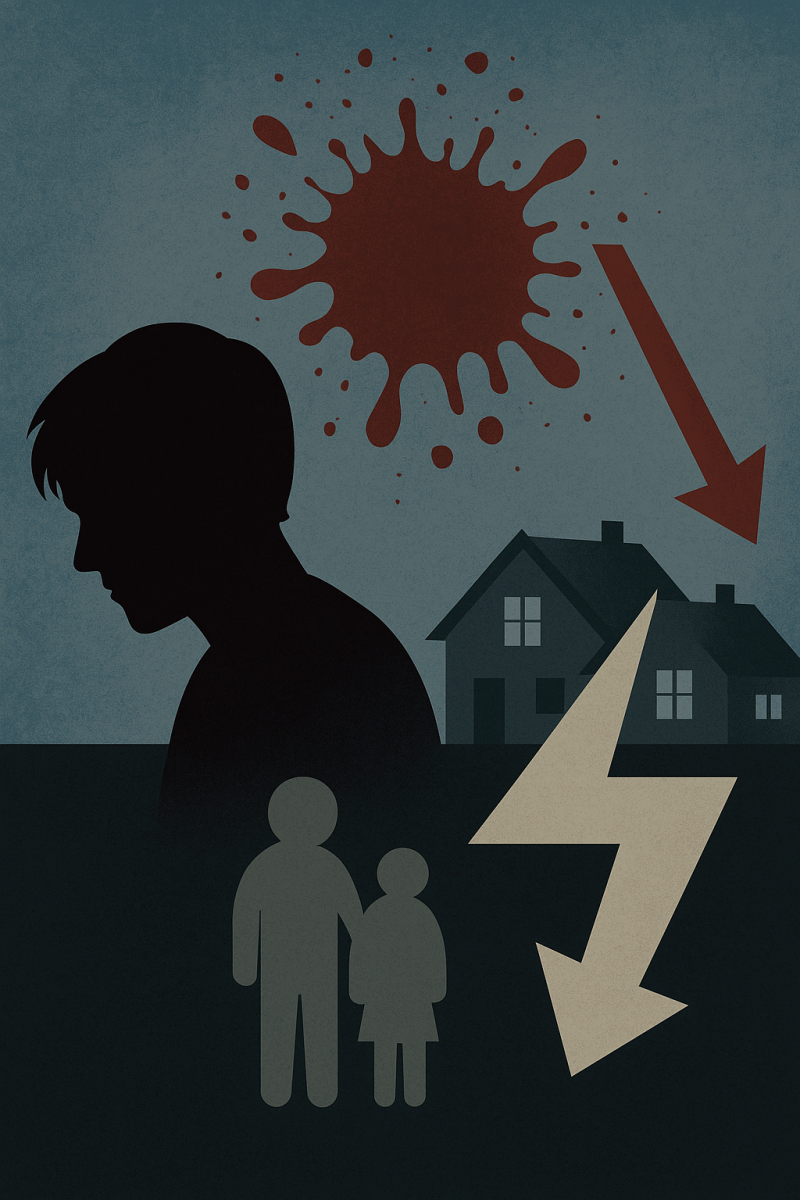
Throughout life, everyone is bound to experience some form of grief. Grief can be experienced differently by everyone, as it is the way that someone responds to the loss of a loved one. It could be experienced by the loss of anyone you have in your life, as well as things similar to a loss of a job. Grief can be experienced in various situations in numerous ways.
When experiencing grief, knowing how to deal with emotions can be extremely difficult. Especially when going through the many stages that someone could experience. Understanding how you feel and processing your emotions is the most important part of starting your journey in dealing with grief.
The first step in doing so is recognizing how the grief has come up as well as allowing yourself to grieve. As previously mentioned, it could be from a death, or even things such as losing a job.
In an article done by the Harvard Health publishing David Rosmarin explains why this first step is crucial.
“Going through the grieving process is essential to healing, no matter how long it lasts,” Harvard Spirituality and Mental Health director Rosmarin said.
Then, recognize the emotions being experienced and how the mind and body reacts to the situation. There are numerous symptoms of grief such as lethargy, insomnia, and loss of self control. These factors all lead up to recognizing where you stand in the five stages of grief.
You might have heard of these five stages of grief. But what are they, and does grief really follow a set timeframe? The five stages- denial, anger, bargaining, depression, and acceptance. They are often talked about as if they happen in order, moving from one stage to the other.
Feeling numb is common in the early days after a bereavement. Some people at first carry on as if nothing happened. Anger is a completely natural emotion, and very natural with grief.
“I felt a lot of anger because it’s hard to accept the loss of someone you’ve had for a really long time,” said Kate Cole ‘26.
When we are in pain, it’s sometimes hard to accept that there is nothing we can do to change things. Bargaining is when we start to make deals with ourselves.
Sadness and longing are what we think of most often when we think about grief. This pain can be very intense and come in waves over many months or even years.
“I would say for me the hardest stage of grief was sadness. When it first happened [the cause of grief], and now. It hasn’t gotten any less sad to remember or think about it,” Katie Vecchione ‘26 said.
Grief can feel like nothing will ever be right again, but gradually most people find that the pain eases, and it is possible to accept what has happened.
“When my dog passed in her sleep, it was traumatic because it was so unexpected,” said Isabelle Dennis ‘26.
“Grief can be a burden, but also an anchor. You get used to the weight, how it holds you in place” Sarah Dessen said, in the book The Truth About Forever.
These stages can make going through life difficult, so it is important to have people there for support and guidance through grief. These people could include family and friends; however, it is important to know when to get professional help.
Professional help can look different depending on the situation. It could include personal therapy, family therapy, a support group, or any medical professional.
In the meantime, practicing self awareness and self care is important when processing grief at any stage. Some small things that could make a big difference are journaling, taking a bubble bath, or taking extra time to do anything to better yourself.
Another factor that can be incredibly helpful and powerful in a grieving process is exploring your spirituality. It can be seen as a way to bring people together, as well as bring solace and comfort.
Grief comes in waves, and can differ from person to person. Grief comes at unexpected times, but the next time that it does, keep this in mind and try some new tactics to make the grieving process easier.
































